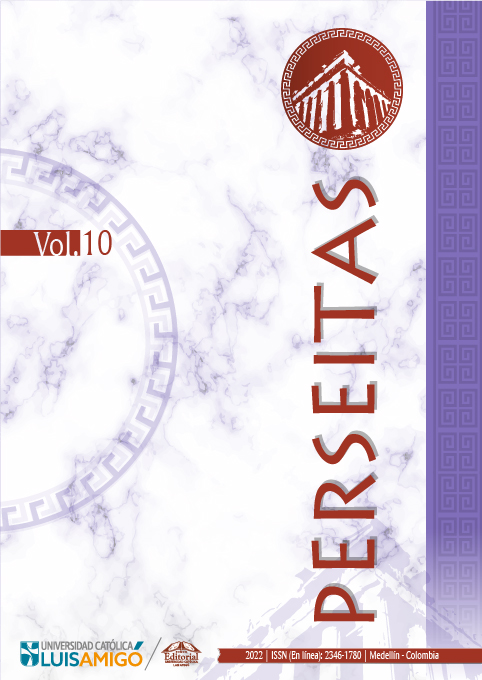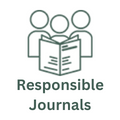The power to love and the althusserian loved one: transits and transformations in The Future Lasts a Long Time
DOI:
https://doi.org/10.21501/23461780.4172Keywords:
Love, Own name, Philosophy, Louis Althusser, The Future Lasts a Long Time, PsychoanalysisAbstract
The Future Lasts a Long Time, autobiographical work of Louis Althusser, shows a characteristic that makes his reflection novel: It is not a study on love or affection, but in his narrative, this is the concept that circulates undeniably. The article develops the concepts of being able to love and be loved as the Althusserian actions that, together, constitute the fundamental axes to understand the concept of love in the work. To address it, we resort to a framework of philosophical and psychoanalytic understanding, since they allow an approach to the dialogues and tensions that are traced from desire, the nominalization of the Other as an act of subjective configuration and writing as an act of interpretation of oneself. It is concluded that the philosopher makes an epistemological and ontological transit that glimpses three Althusser, showing possibilities of transformation of the affection that was the protagonist in the life narrated by the philosopher. Methodologically, the Gadamerian interpretation of the work is used, rivileging a deep, slow reading, in short, a slow and reflective conversation.
Downloads
References
Althusser, L. (1992). El porvenir es largo. Ediciones Destino.
Cézanne, P. (1897/1898). Mount Sainte-Victoire. Cuatro obras de la serie. Óleo sobre lienzo. The State Hermitage Museum. https://www.hermitagemuseum.org/wps/portal/hermitage/digitalcollection/01.+paintings/39487
Colli, G. (1990). El nacimiento de la filosofía. Universidad del Valle.
Díaz Castañón, M. del P. (2010). Louis Althusser: mito y realidad. Temas, (64), 100-108.
Espasa Calpe. (2005). Diccionario de sinónimos y antónimos. Planeta.
Ferrater Mora, J. (2004). Diccionario de filosofía. Editorial Ariel.
Freud, S. (1992). Duelo y melancolía. En Obras Completas. Vol. XIV (pp. 235-256). Amorrortu Editores.
Foucault, M. (1994). La ética del cuidado de si como práctica de la libertad. Gallimard.
Foucault, M. (1998). Historia de la locura en la época clásica I. J. J. Utrilla (Trad.). Fondo de Cultura Económica.
Hadot, P. (1998). ¿Qué es la Filosofía Antigua? Fondo De Cultura Económica.
Lacan, J. (1983). El seminario 2. El yo en la teoría de Freud. Paidós.
Miller, J.-A. (2008). Sobre el amor/Entrevistado por Hanna Waar. Psychologies Magazine.
Miller, J-A. (2011). La pasión de Michel Foucault. Tajamar.
Moliner, M. (2016). Diccionario del uso del español. Editorial Gredos.
Molleda, E. (4 de noviembre de 2016). La madre como otro primordial. http://mujeres.jornadaselp.com/episteme/la-madre-como-otro-primordial/
Pommier, G. (1998). Louis de la Nada. La melancolía de Althusser. Amorrortu Editores.
Serres, M. (2005). ¿En el amor somos como las bestias? Akal.
Soler, C. (2001). El Padre Síntoma. Asociación Foro del Campo Lacaniano.
Toscano Medina, M. A. (2008). Michael Foucault y las prácticas de libertad. Devenires. Revista de filosofía y filosofía de la cultura, (18), 132-161.
Published
How to Cite
Issue
Section
License

This work is licensed under a Creative Commons Attribution-NonCommercial-NoDerivatives 4.0 International License.
La revista y los textos individuales que en esta se divulgan están protegidos por las leyes de copyright y por los términos y condiciones de la Licencia Creative Commons Atribución-No Comercial-Sin Derivar 4.0 Internacional.
















